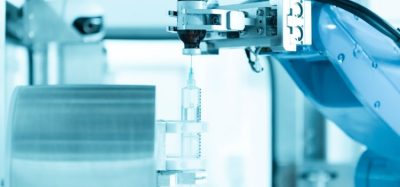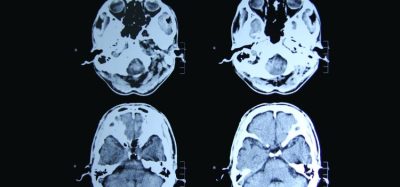AI driving automated microbiological testing market growth to 2033
Posted: 6 August 2025 | Catherine Eckford (European Pharmaceutical Review) | No comments yet
Regulatory pressures and demand for trained operators is expected to hinder growth of the rapid microbiological testing market into the next decade, research suggests.


Research by Verified Market Reports, Inc has forecasted that the automated and rapid microbiological testing market will reach $5.89 billion by 2033. It is expected to grow at a CAGR of 7.25 percent between 2026 to 2033; last year the market valued $3.25 billion. Overall, they predict the global pharmaceutical market will value $1.5 trillion by 2028.
Key technological innovations that have advanced automated and rapid microbiological testing include polymerase chain reaction (PCR), next-generation sequencing (NGS), and mass spectrometry. Major improvements include “the sensitivity, specificity, and speed of microbial detection”, according to Global Industry Analysts, Inc.
Key factors influencing growth of the market includes growing demand for quicker and more accurate microbial testing methods, providing cost-effective solutions and boost market growth, Verified Market Reports stated. “As industries across the globe focus on enhancing operational efficiency and minimising delays, the adoption of automated and rapid microbiological tests has surged”.
Regarding advanced technologies, adoption of artificial intelligence (AI) and machine learning (ML) alongside microbiological testing systems “is expected to provide even more reliable results”, contributing to the expansion of the automated and rapid microbiological testing market.
“With the global healthcare market undergoing digital transformation, automation has been a focal point in reducing human error, enhancing laboratory throughput, and lowering costs. As industries seek to streamline operations while meeting stringent quality standards, the demand for automated and rapid microbiological tests is expected to continue rising at a substantial rate.”
Key challenges for the automated and rapid microbiological testing market
On the other hand, Verified Market Reports remarked that the high upfront cost of automated systems represents “one of the most significant restraints” for companies looking to use this equipment.
Additionally, another key challenge is “the shortage of qualified microbiologists and laboratory technicians in some regions”, which could limit widespread adoption of these complex systems.
“With the global healthcare market undergoing digital transformation… [and] as industries seek to streamline operations while meeting stringent quality standards, the demand for automated and rapid microbiological tests is expected to continue rising at a substantial rate”
While rapid microbiological tests “offer quicker results, their accuracy and sensitivity may not always match traditional testing methods”. As such, many organisations may be reluctant to fully adopt automated testing systems “until further advancements are made to enhance reliability and precision”.
Another major issue is the lack of standardised testing protocols, according to the report. This puts pressure on manufactures as they develop systems to comply with varying standards regulatory requirements, creating “barriers to market entry for companies looking to expand internationally”.
However, the report emphasised that use of AI in microbiological testing is expected “to revolutionise the industry by increasing throughput and reducing turnaround times”.









